When Congress goes first to pave the way
Amid the solemn yet exciting atmosphere at the First Law-Building Forum, one common point was clearly seen: the need for innovation in legislative thinking has matured. The introductory report clearly stated the need to shift from an “absolutely safe” mindset to a proactive, creative approach, accepting controlled risks to pave the way for innovation. This is not only a requirement for legislative techniques, but also an important shift in institutional vision. Through the opening speech of National Assembly Chairman Tran Thanh Man, one can feel the strong political determination of the National Assembly in the XV term - a term of unprecedented challenges, from pandemics to global fluctuations. Overcoming difficulties, the National Assembly still made its mark with important steps forward: increasingly professional legislative thinking, a record number of issued documents, significantly improved quality and above all, the spirit of “creating - accompanying - listening - leading the development” of the country.
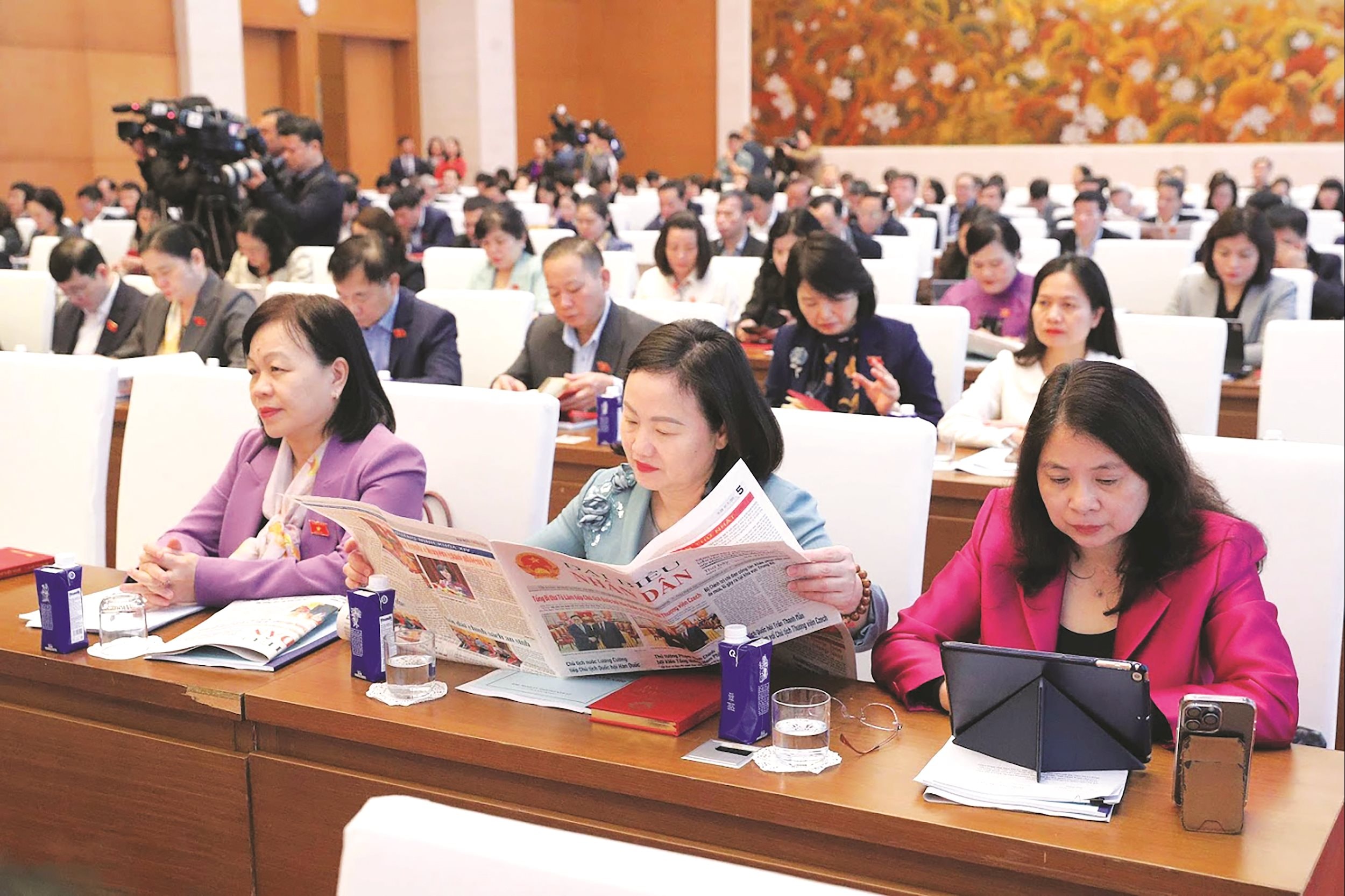
Through the discussions and comments at the forum, it can be seen that the limitations are frankly recognized: the overlap between laws; inconsistent regulations between pillar areas such as Land - Investment - Construction - Environment; the "backlog" of guiding documents and the lack of initiative in policy forecasting... directly impact the management capacity of state agencies and the rights of the people.
Therefore, the Forum does not stop at reflection or summary - it is a forum of "new thinking" - where experts, managers, and National Assembly delegates together open up bold directions: machine-readable laws, digital transformation in legislation, perfecting market economic institutions in the context of digital data, AI... These ideas, when implemented, will create a modern, flexible, and sustainable legal ecosystem - a foundation that rapidly developing countries consider to be of utmost importance.
Expectations for a two-tier local government model
The improvement of institutions and law enforcement at the grassroots level is of particular interest to many delegates, and is also the greatest desire from practice. Many opinions expressed agreement with the presentation of the People's Committee of Da Nang City - where the spirit of daring to think and daring to do in reorganizing the apparatus according to the 2-level local government model was clearly demonstrated. Not only raising the issue, Da Nang also brought convincing evidence: boldly implementing 28 decentralization decrees, arranging 373 commune-level professional agencies, perfecting nearly 1,000 public service units, arranging more than 53,000 staff and ensuring policies for nearly 3,000 cases of resignation with a total cost of more than 2,639 billion VND - all in an orderly and humane manner.
More importantly, when authority is clearly defined, the apparatus operates smoothly: land, construction, and investment procedures are shortened, commune levels are more proactive, and people immediately feel the change. As veteran Le Van Phan - Hai Van ward shared, the quality of service at the Public Administration Service Centers shows that when good institutions meet high political determination, reforms are not only more compact but also stronger and serve the people better. Da Nang currently provides more than 2,100 procedures on the National Public Service Portal, operates 93 commune-level public administration centers with a series of free utilities, deploys 24/7 hotline 1022, post offices receive documents at communes, AI digital assistants at wards - affirming a modern administrative model, focusing on people and a clear message sent to the Forum: the "bottleneck" is not in the model, but in whether or not one dares to delegate power and take responsibility.
In many localities, especially in wards and communes after the reorganization, the workload has increased, the responsibilities are greater, but the resources - both in terms of staffing, funding and technology - are still not commensurate. Many officials are concerned: "We want to do well but the law does not clearly state our rights; we want to be responsible but our resources are limited". Therefore, the requirement to synchronously amend laws related to the 2-level local government model before 2027 is not only a political goal, but also a vital requirement for the apparatus to operate effectively. From the Law on Organization of Local Government, the Budget Law, the Land Law, the Public Investment Law to a series of specialized laws... all need to be adjusted to ensure the spirit of "locality decides - locality does - locality is responsible". Along with decentralization, there must be strong post-inspection and close supervision, but not to "tie" localities with complicated procedures or slow instructions.
The Forum's greatest success lies in the "meeting" between the national reform will and the actual operational needs of the grassroots. From that starting point, what people expect is that innovations will be quickly transformed into specific regulations, into easy-to-understand and easy-to-implement administrative procedures, into development decisions that are in line with the people's wishes. With the affirmed spirit of "going first to pave the way", it is expected that the 16th National Assembly will turn strong reform ideas into a clear action program, so that the 2-level local government model can truly become the fulcrum of local governance in the new era of development, proactiveness and breakthrough.
Source: https://daibieunhandan.vn/nhin-lai-dien-dan-xay-dung-phap-luat-lan-thu-nhat-diem-tua-cho-mot-giai-doan-cai-cach-the-che-moi-10396820.html





![[Photo] Next to the "mountain of trash" after the flood, Tuy Hoa residents strive to rebuild their lives](/_next/image?url=https%3A%2F%2Fvphoto.vietnam.vn%2Fthumb%2F1200x675%2Fvietnam%2Fresource%2FIMAGE%2F2025%2F11%2F24%2F1763951389752_image-1-jpg.webp&w=3840&q=75)


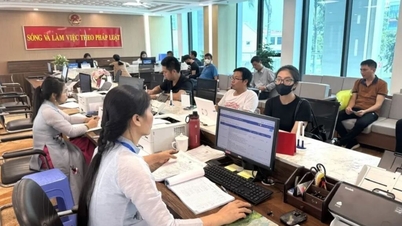

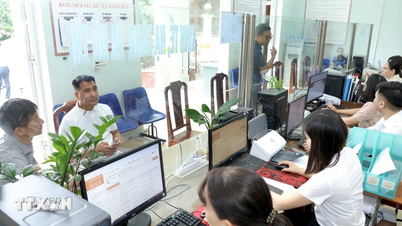

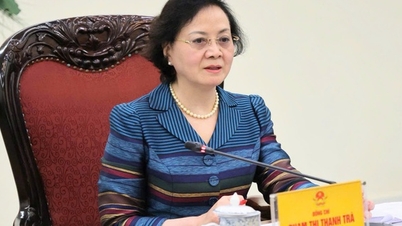


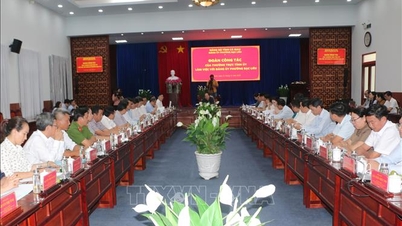
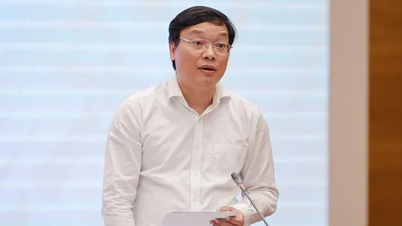

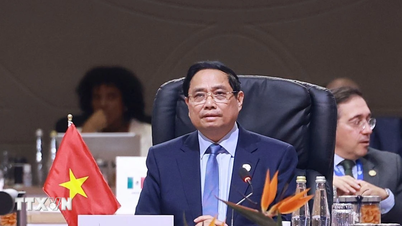
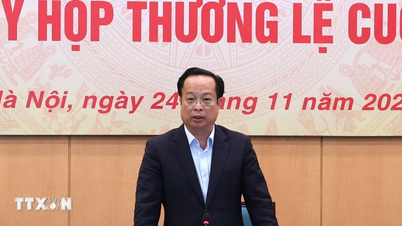
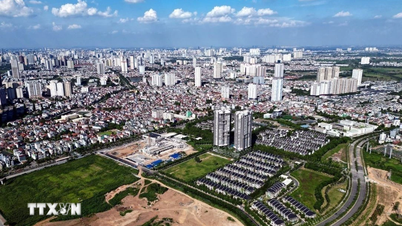
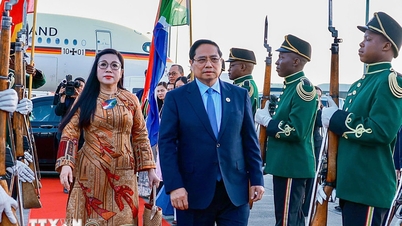
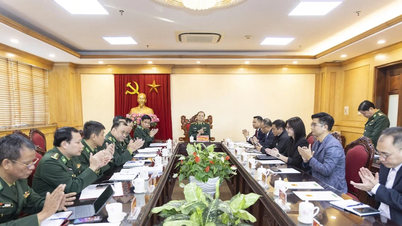

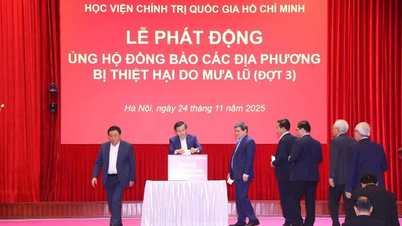




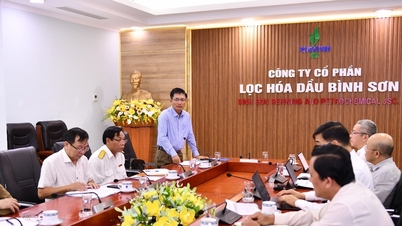
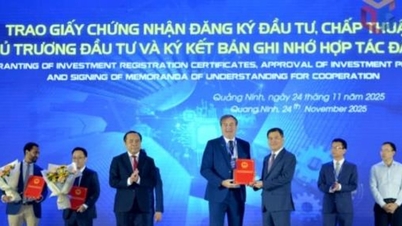
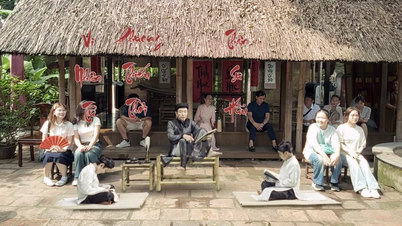

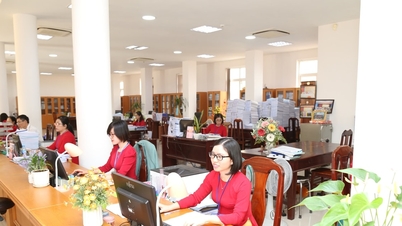



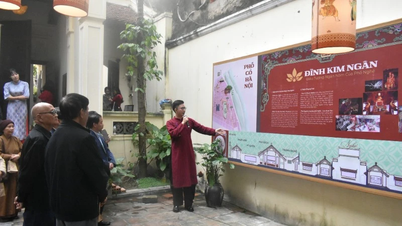




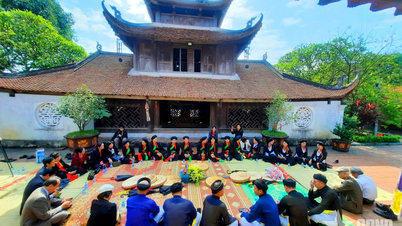
















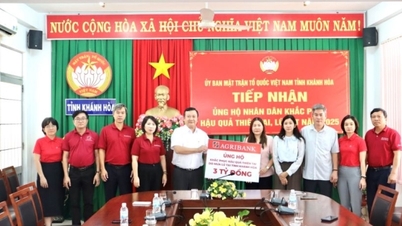



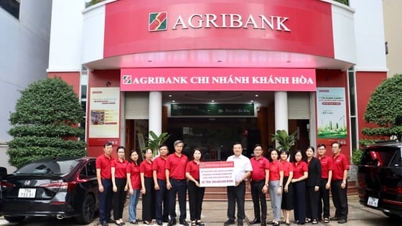


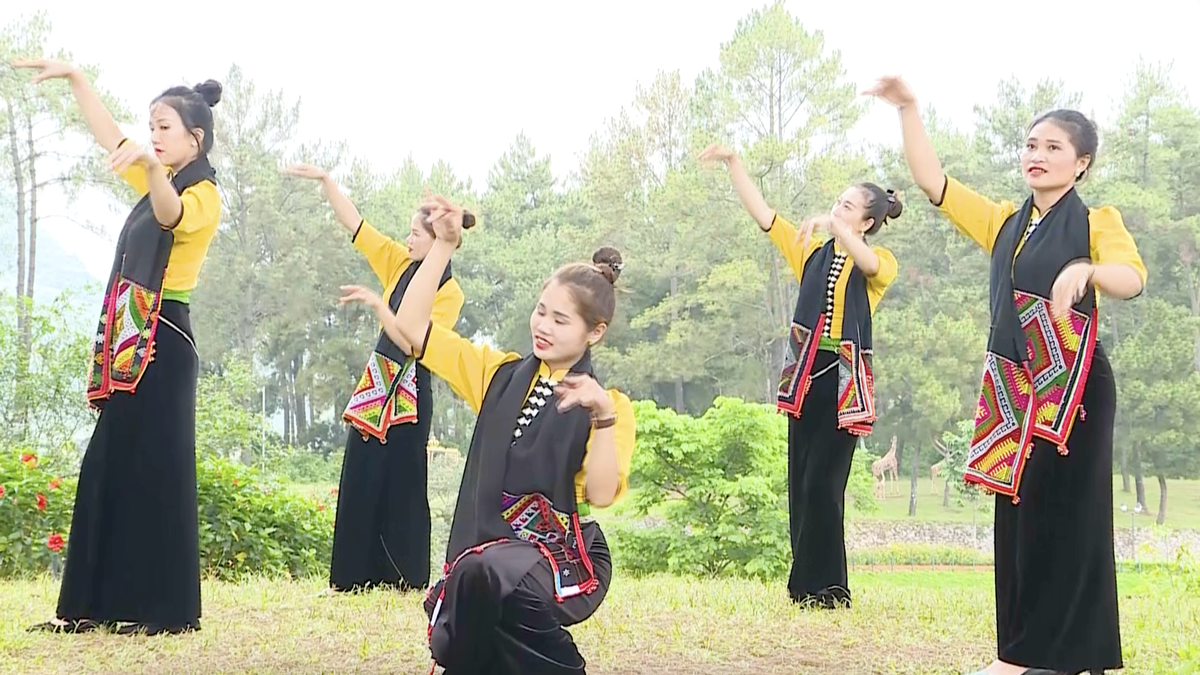




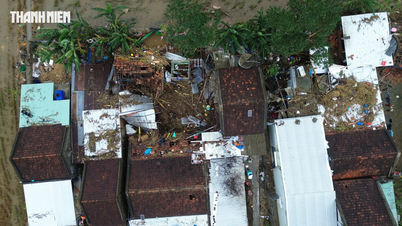



![[Photo] General Secretary To Lam attends the National Conference to review the Party's inspection, supervision and discipline enforcement work in 2025 and the 13th Congress term](https://vphoto.vietnam.vn/thumb/402x226/vietnam/resource/IMAGE/2025/11/24/1763967570884_anh-man-hinh-2025-11-24-luc-13-59-19.png)
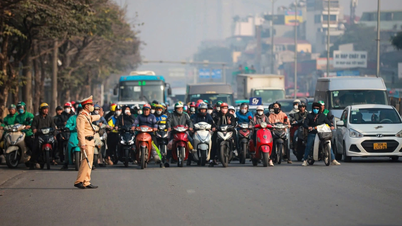
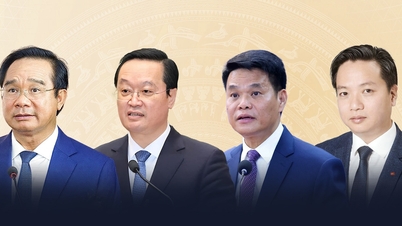


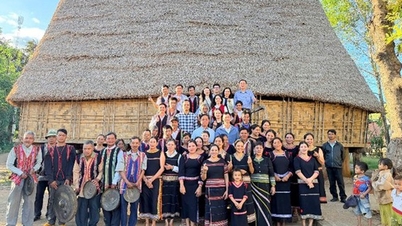

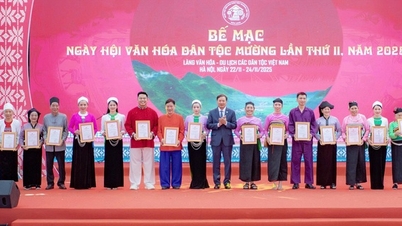
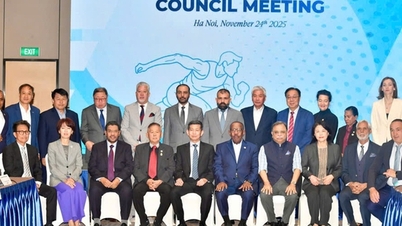

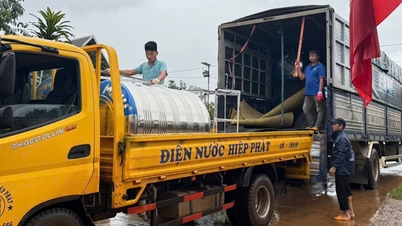



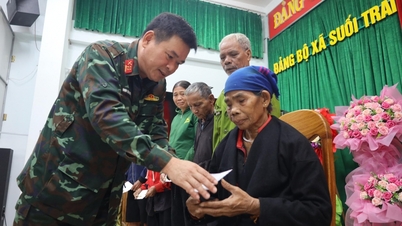



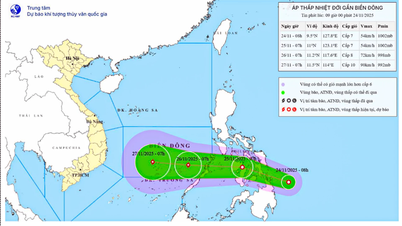














Comment (0)